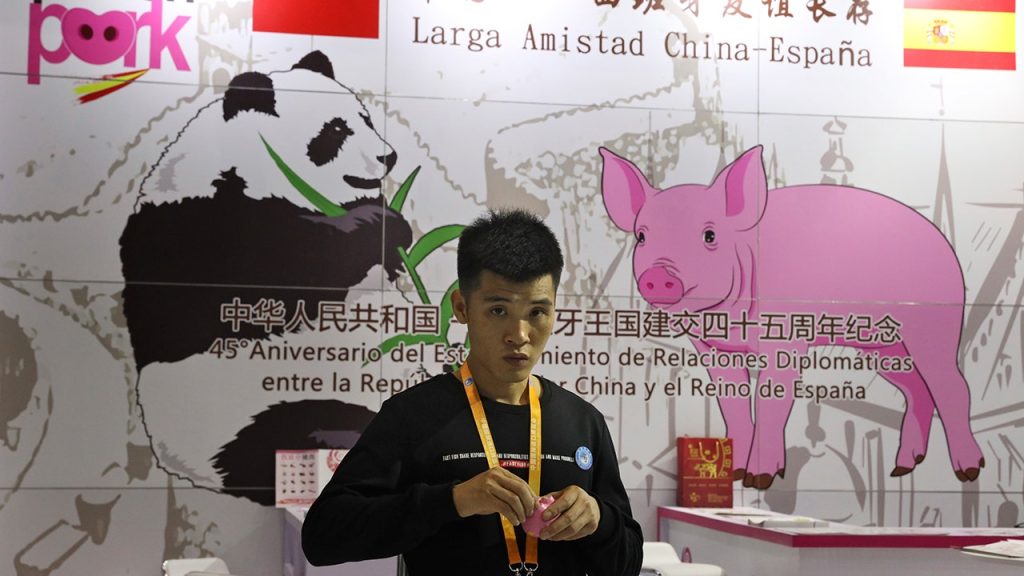The Chinese government has launched an investigation into European Union pork imports, seen as a response to the EU’s plans to impose provisional tariffs on China-made electric vehicles. This move is believed to give China a bargaining chip in any trade negotiations and may be a way of exerting pressure on Europe in response to the EU tariffs on Chinese cars. The investigation will cover various pork products and is expected to last one year, with a possible six-month extension.
The Chinese market is crucial for German automakers, with the head of the country’s auto association expressing concerns over the EU tariffs on Chinese cars. The decision not to impose tariffs on European gasoline-powered vehicles with large engines could be a result of pressure from the German auto industry and the significance of their production in China. The VDA described the EU tariff announcement as a step away from global cooperation, highlighting the rising risks of a global trade conflict.
The EU’s plans to impose provisional tariffs on Chinese electric vehicles for four months starting July 4 have been met with criticism from Chinese officials. They have labeled the investigation into subsidies for EV production in China as protectionist behavior that disregards WTO rules. The tariffs would apply to vehicles from both Chinese and foreign brands, including Tesla. The EU exports of pork products to China peaked in 2020 at 7.4 billion euros before dropping to 2.5 billion euros in 2021. Almost half of this total came from Spain, which is now urging for negotiations to avoid a trade conflict.
The European Commission has assured that EU farm subsidies comply with WTO obligations and will closely monitor the Chinese investigation into EU pork imports. Spanish officials are hopeful for negotiations to prevent the escalation of countermeasures, recalling previous trade disputes with the United States over subsidies for aircraft manufacturing. The Spanish pork industry association has offered full collaboration with Chinese authorities and emphasized the importance of finding a peaceful resolution to trade conflicts in the agricultural industry.
The ongoing trade tensions between China and the EU reflect the broader challenges in global trade relations and the increasing risks of trade conflicts. Both sides are using tariffs and investigations to assert pressure and gain leverage in negotiations. The outcomes of these investigations and tariffs could have significant implications for various industries, including the automotive and agricultural sectors. Cooperation and dialogue are crucial in resolving these disputes and avoiding further escalation in trade conflicts that could harm international economic relations.


